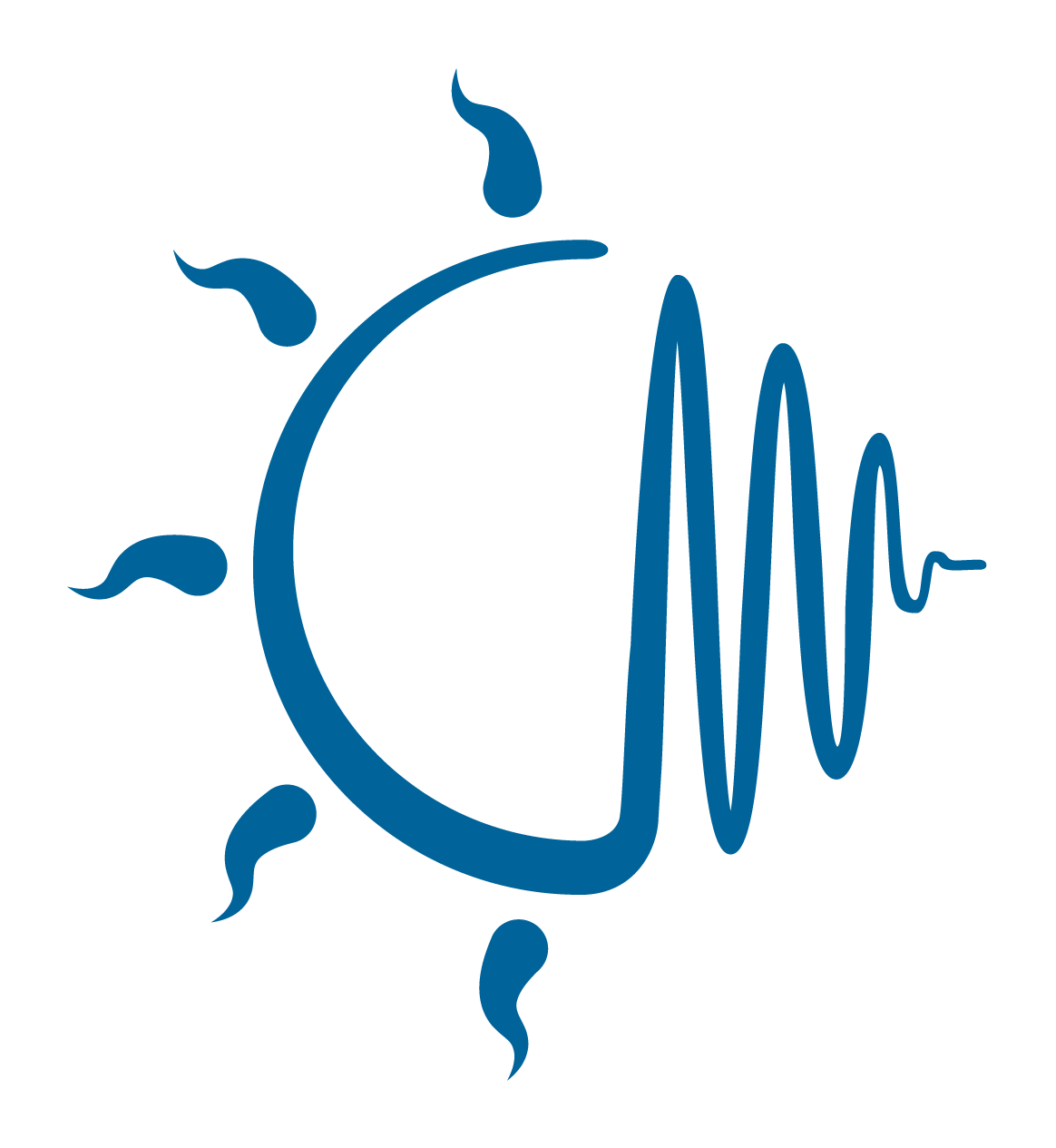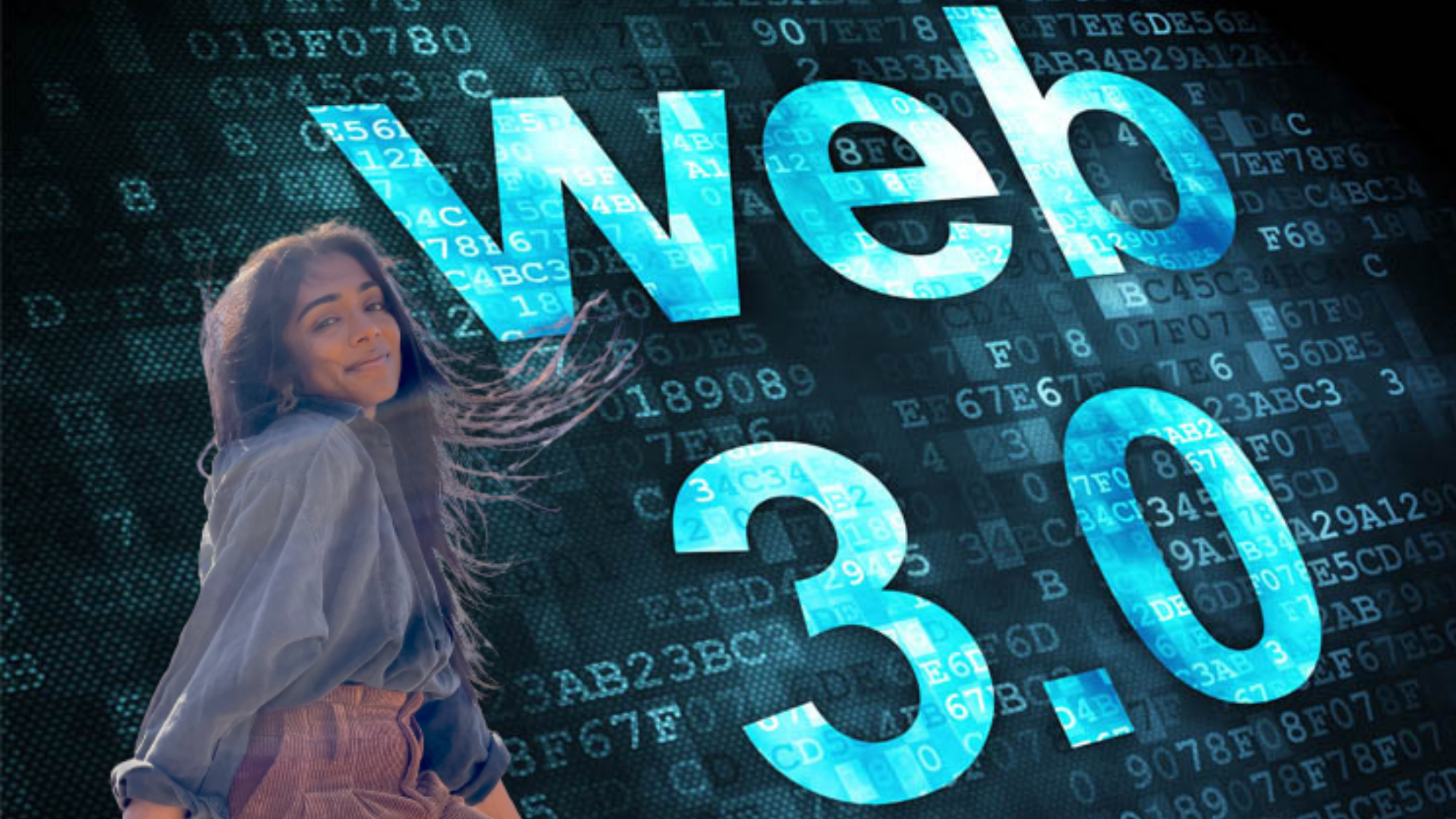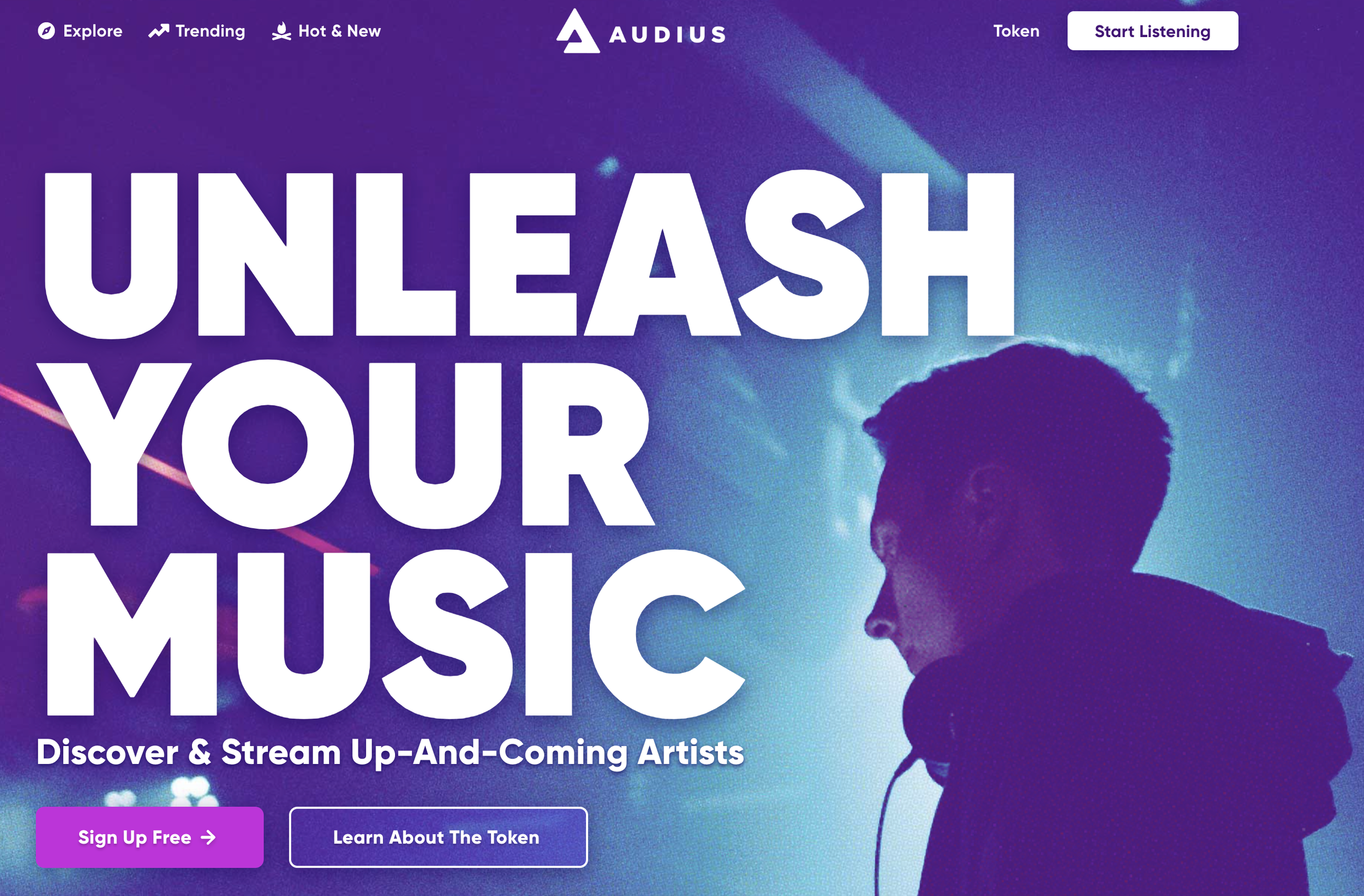10-Minute Crash Course on Web 3.0 for Musicians
10 minHey friends, Anusha here!
We have reached a point in the internet’s evolution that we are moving to Web 3.0. What does that mean exactly? Keep reading if you’re interested in my breakdown of what the future of the internet could look like, how things will change, and how that might affect artists and music professionals. This is the follow-up I promised after my last post on NFTs.
Let us know your thoughts and happy reading!
Disclaimer: this article includes my editorial thoughts, as well as some data I've gathered throughout my research. All of my sources are linked at the bottom of this page. Moreover, nothing in this article is or should be construed as investment or legal advice. This article is written purely for entertainment purposes only.—
Web 2.0 vs Web 3.0
Web 1.0 was started in the 1990’s through early 2000’s, which evolved into our current version of the internet called Web 2.0, and Web 3.0 is the next phase.
The defining feature of Web 3.0 is an internet that is “decentralized, trustless and permissionless, incorporates artificial intelligence (AI) and machine learning, connectivity and ubiquity”. In a Web 3.0 world, information would be stored in multiple locations — this breaks down the massive databases that hold tons of data and hands PEOPLE greater power over their own data.
The potential pros: it can give users much greater control over their personal data. This may help limit the practice of data extraction (which refers to information collected from web users without their consent or compensation) and curb the network effects that have enabled the technology giants to become near-monopolies through exploitative advertising and marketing practices.
The potential cons: cybercrime, hate speech, and misinformation are already difficult to police and will become even more so in a decentralized structure because of the lack of central control. A decentralized web would also make regulation and enforcement very difficult; for example, which country’s laws would apply to a specific website whose content is hosted in numerous nations globally?
So what is the impact of this on artists and musicians? I believe the most significant use case that will change is in music distribution and publishing. Based on my research, distribution in a Web 3.0 environment will mean: that an artist will go to a Web 3.0 distributor and post their release one time. At that point, that release will be available on the entire Web 3.0 network (all Web 3.0 platforms / any site that runs off of the Web 3.0 decentralized blockchain) aka everywhere for fans to consume. Then every time a fan listens to that release (from one of these Web 3.0 DSP-like sites), the artists/writers/producers will get a royalty. Since the blockchain will be tracking everything, ensuring the proper collection of comprehensive royalty collection will be more reliable, more timely, and thorough than how distribution and royalty collection work in our current Web 2.0 environment.
2. Diving deeper into the possible future of Web 3.0 music distribution
Creators hope that the Web 3.0 publishing system will break down the complexity of the current systems and give them a higher percentage of royalties.
A goal of Web 3.0 artists is to crowdsource capital from their fans, which gives all parties a stake in the collective success.
Artists may go beyond selling NFTs on the blockchain and sell their own tokens instead that could represent various tiers in streaming royalties for songs that they have released. These tokens could have added perks like merchandise or lifetime tickets. The tokens can be resold too.
Web 3.0 could provide the advantage of connecting fans/audiences/customers directly to artists.
Through my research, it is really clear that the Web 3.0 mission for distribution is really noble, but seems like an action that only players with high access and a high appetite for risk are getting into at this particular time. But that may change quickly in the span of a few months — see how NFT’s blew up in such a short time! That being said, I still do have some questions:
How will these track and ensure all royalties actually get paid out?
Will this change the way publishing works for sync?
If an artist gives ownership of a song to a fan, then do they have the right to say what can happen to that song?
How are all the finances going to be set up so everything works?
Is it really that simple that Web 3.0 will be able to create a seamless infrastructure that allows everyone to get paid out correctly and on time?
How will these smart contracts be upheld? Can they be contested or changed?
3. A place to start - Audius
Audius is a free, blockchain-powered decentralized music streaming service with social media features. It’s owned and run by an open-source community of artists, fans, developers, and crypto token audio.
They had 2.9 million unique users in January 2021, and that bumped to 5.9 million unique users in July 2021 (+103% over 6 mos).
Artists can upload their tracks at no cost and users can listen to them for free. Artists can earn royalties of the $AUDIO token by charting, trending, and completing certain challenges on the platform.
Audius is a place that is really low risk but is one of the biggest platforms for entry level players who want to explore the Web 3.0 space. I myself have a few songs uploaded on there and I am curious about diving in deeper. I believe that stepping onto the platform while it is still in early stages can only result in potential wins.
Overall my position on Web 3.0 is that it is inevitably coming and something I expect to hear about it more as time passes. The internet is an ever-expansive space and that has shown it can evolve in ways that are surprising. Some of these changes will be really awesome for musicians and some will provide new challenges for them. My hunch is that major labels/signed artists will be motivated to move to integrate with Web 3.0 practices within the next 24 months, and independent artists will be right on their tail. As an artist myself, I am very excited about these potential changes, but I also think that understanding Web 3.0 is a more nuanced discovery than it is for NFTs. I think Web 3.0 will come stronger and with vengeance. The question at this point is how will Web 3.0 really operate. Will it live up to the promises that its proponents make? And can it be a tool that really helps artists be more in control of their revenue streams, data, and careers? I know I still have a lot to learn and this is just my ruminations scratching the surface. Time will tell!
Until next time!
~ Anusha Savi (Anusha Suresh)
Disclaimer: this article includes my editorial thoughts, as well as some data I've gathered throughout my research. All of my sources are linked at the bottom of this page. Moreover, nothing in this article is or should be construed as investment or legal advice. This article is written purely for entertainment purposes only.Sources:



